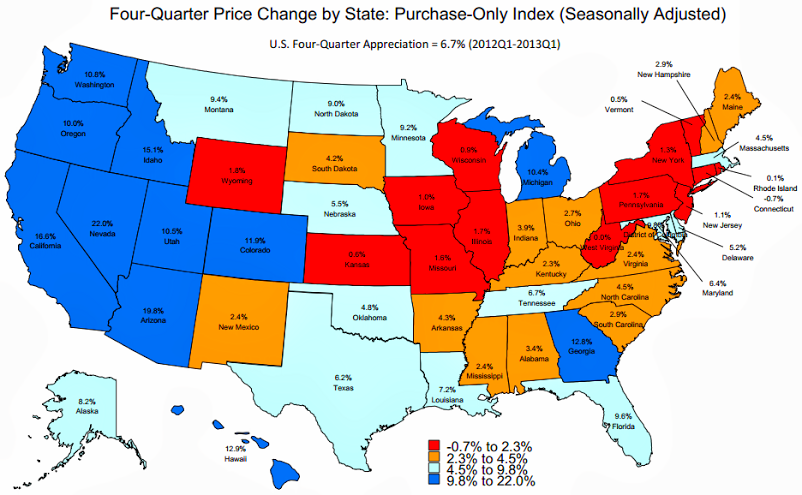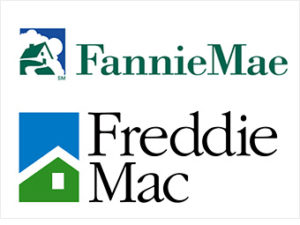 To a large extent, the decision to buy a home is an emotional one. Life events, like getting married, having children or landing a dream job are exciting times and often lead to serious consideration of buying a home. The National Housing Survey released quarterly by Fannie Mae suggests that this is not uncommon as most Americans buy a home for emotional reasons like having a good place to raise children, a place where their family can feel safe, space for their family and control over what happens to the living space. What about financial considerations?
To a large extent, the decision to buy a home is an emotional one. Life events, like getting married, having children or landing a dream job are exciting times and often lead to serious consideration of buying a home. The National Housing Survey released quarterly by Fannie Mae suggests that this is not uncommon as most Americans buy a home for emotional reasons like having a good place to raise children, a place where their family can feel safe, space for their family and control over what happens to the living space. What about financial considerations?
Buying a home is likely the largest purchase most Americans will make during their lifetime. Maybe the home has become such an ingrained part of American life that as long as we qualify for a loan the rest of the financial picture doesn’t really matter to us. Maybe, but shouldn’t financial reasons for buying a home should carry at least as much weight as the emotional reasons? Here are five financial reasons to buy a home that we think are pretty important considerations.
You are paying for a roof over your head whether you own it or rent it. The question is, would you rather pay off your own debt or your landlord’s? There are certainly situations where it makes more sense to rent than own but in the long run it is almost always more financially beneficial to own.
Owning a home is a form of “forced savings.” Let’s face it, putting off saving in order fund a lifestyle is the American way. With a house, part of the monthly payment goes toward principal and becomes equity in the home. That equity is, in essence, a savings account. The beauty of this savings account is that it is tough to spend because the only way to get to it is to sell the house.
Housing is a great leveraged investment. By leveraged we mean money has been borrowed against it in order to purchase it. Sure it is possible to buy gold, stocks, and many other investments with borrowed money but it is much easier to finance a home or even an apartment building. Even if you don’t consider your home to be an investment consider this: A two percent increase ($3000) in the value of a home bought for $150,000 with 20 percent down payment ($30,000) translates to a ten percent gain on cash invested. In the same scenario but with only 10 percent down payment, the same two percent rise in the value of the house becomes a 20 percent return on cash.
Owning a home offers tax advantages. It is always wise to consult a tax professional when it comes to the tax ramifications of owning a home but it could also be very beneficial. In most cases mortgage interest paid on a primary residence can be deducted on the Federal Tax Return. If you have ever looked at the amortization schedule for a 30-year mortgage then you know that can be a substantial amount of money. Hopefully your local property taxes don’t equal the amount paid in mortgage interest but they too are tax deductible.
Potentially more significant than deductions is the ability to exclude capital gains on a primary residence. Single taxpayers can exclude up to $250,000 in gains (appreciation) realized when selling their primary residence and married tax payers filing jointly can exclude up to $500,000. The exclusion is available to those home owners who have lived in the house that was sold for two of the previous five years.
Hedge against inflation by owning a home. Historically real estate has performed quite well against the Consumer Price Index which is the primary indicator of inflation. The linked page shows that real estate values aren’t likely to be affected by inflationary pressures and, in fact, almost always rise faster than inflation.
These financial reasons to buy a home probably won’t ever be more important to American home buyers than the emotional reasons noted above but we can keep them in our back pocket for those times when we want logic to prevail.





